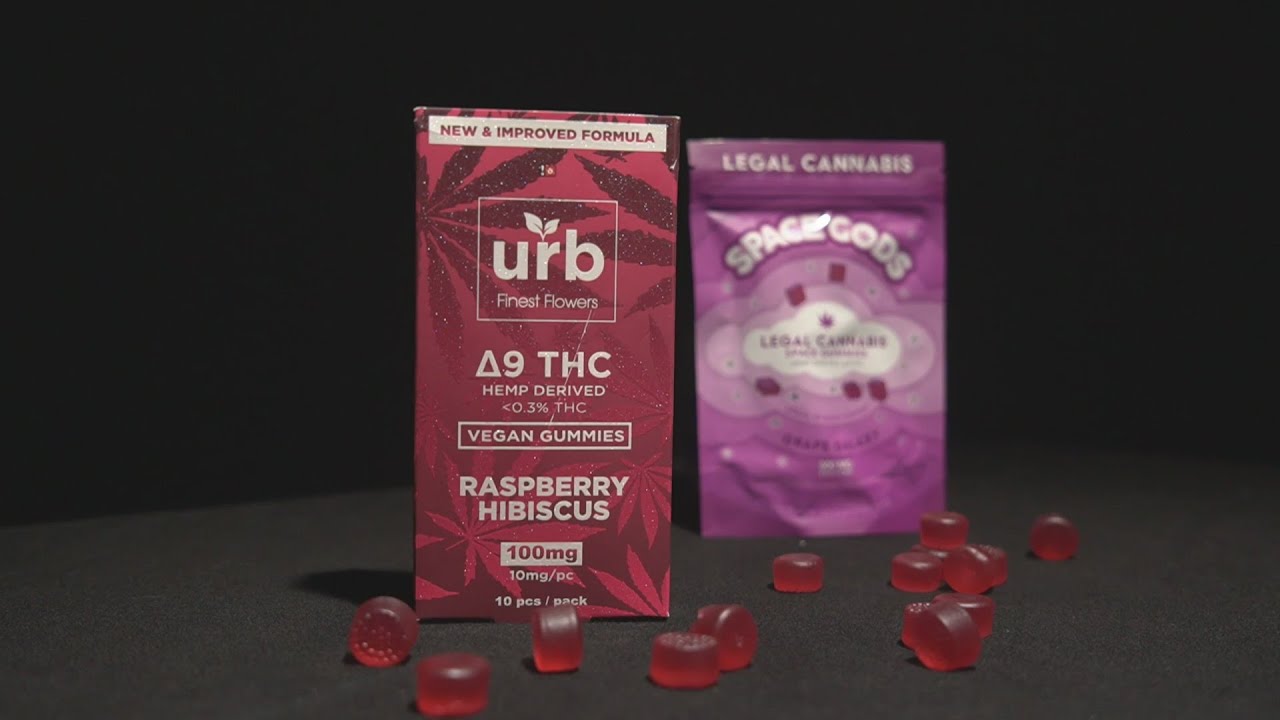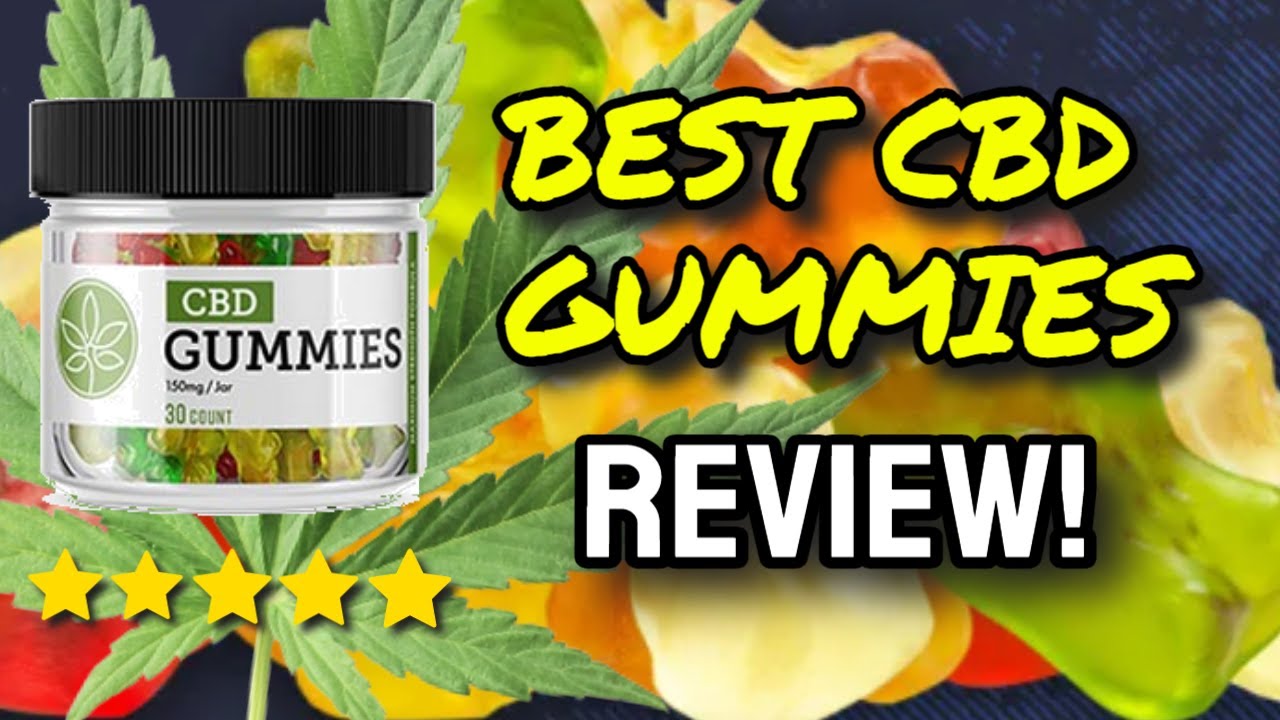Rachels Tummy Gummies Our Familys New Addiction50 Mg Cbd Gummies Near Me Americas 1 Ashwaghanda Brand Gummies For Sleep Focus And Calm Sleepgummies SleepsupplementCamp Thc Gummies Goli Apple Cider Vinegar Ashwagandha Sleep Gummies Are They Worth It.

Cbdfx Multivitamin Cbd Gummies For Women In Uk
I decided to make a video about a Tyler Perry Spectrum CBD Gummies scam which might also involve keto gummies or weight loss diet pills, which is all a scam with fake reviews. Perry has nothing to do with any of this and has never created any such products. His image and likeness were being used without permission. Tyler Perry never, ever, endorsed Spectrum CBD Gummies, other CBD gummies, keto gummies, apple cider vinegar (ACV) keto gummies, or diet pills or weight loss supplements, and any so-called reviews about this online are misleading. This weight loss scam claimed that CNN Health published that Tyler Perry endorsed possibly with Spectrum CBD Gummies or other various CBD gummies, keto gummies, or diet pills products, which was false, as were any reviews. This was all a big fake celebrity endorsement scam. He and other celebrities who appear in these scams may have included Kevin Hart, Queen Latifah, Ice Cube, Amber Rose, Garth Brooks, Drew Carey, Tom Hanks, Randy Jackson, and Halle Berry, and they have nothing to do with these keto or CBD gummies products. Stay far away from all of this nonsense. The fake CNN Health article showed the headline, "Tyler Perry on the Hot Seat with Big Pharma Following Latest Business Venture." The same headline and article template has been used before for other celebrities. It claimed that other publications all featured reporting about Tyler Perry and Spectrum CBD Gummies and may have provided reviews of the scam. However, this was misleading, as these publications never did anything of the sort. Some of this was apparently happening on a website called amildcheese.com. Also, a reality TV show never endorsed Spectrum CBD Gummies or any of these products either, despite what you may have seen being claimed online. This scam with Tyler Perry and Spectrum CBD Gummies went from Facebook and Instagram ads to a fake CNN Health article, which was completely fictional. Tyler Perry does not own any CBD or keto gummies companies, nor did he or Kevin Hart, Queen Latifah, Ice Cube, Amber Rose, Garth Brooks, Drew Carey, Tom Hanks, Randy Jackson, or Halle Berry ever endorse them. On Facebook, I’ve found no shortage of scam pages that claimed celebrities like Tyler Perry endorsed CBD or keto gummies, diet pills, or supplements, and many of these pages were recently created. None of this was legitimate. Most of the pages had zero followers, which was obviously a big red flag that something was off. The pages all included links that appeared to perhaps be designed for affiliate marketing. It’s also possible that the scammers had end goals that I wasn’t aware of. If you’ve fallen victim to a keto gummies or CBD gummies scam or fake review or bought an Amazon listing that was scammy, please let me know in the comments below. Also, feel free to ask me questions about this scam or any scam. My comments are open. Thank you for watching and feel free to hit “Like” (thumbs up) so that Google knows my video is trustworthy, and so other people, including potential victims of scams, might see what I’ve laid out here.
Sugarbear Sleep Vitamin Gummies Sleepaid Melanton Sugarbear Vitamins Gummies
hit a likes for more video~ Skibidi Toilet in life action #SkibidiToilet
Cbd Care Gummies Reviewsupdate 2024 Does Cbd Care Gummies Work Cbd Care Review Cbd Gummies
Restless Nights? Try This Sleep Aid Solution #sleep #insomnia #fok
Dr Eric Griggs On The Danger Of Children Ingesting Thcinfused Gummies
🎮 **Sugarbuu** gets HUMBLED in this **LMG-only grind**! Watch us fumble reloads, get ambushed by SMG sweats, and fail *spectacularly* as a light machine gunner in **King of the Hill**. 💔 **Why LMGs Are PAIN:** ✅ **Slow Reload Punishment** – 5-second reloads = free kills for enemies. ✅ **Zero Mobility** – ADS speed so slow, even snipers outgunned us. **Key Takeaways (Learn from My Suffering):** - **Ammo Hoarding** – Never reload mid-fight . - **Squad Carry** – LMGs NEED a teammate to cover flanks (solo queue = pain). . 📌 **Delta Force Mobile soldiers**, smash **LIKE** if you’ve rage-quit an LMG match! 💬 **COMMENT** your worst weapon fails – we’ll turn them into future episodes! **Subscribe for More Chaotic Grinds:** 🔔 Hit the bell: [https://youtube.com/Sugarbuu](🔗) 🎯 **SEO Keywords:** Delta Force Mobile LMG gameplay, light machine gunner defeat, no commentary FPS, anti-vehicle struggles, reload punishment tips, solo queue pain, Sugarbuu gameplay. #DeltaForceMobile #LMGDisaster #BrutalLoss #NoCommentary #Sugarbuu #nocommentary
Super Sour Isolate Cbd Gummies Trihealthy
In this episode, I discuss cannabis (aka marijuana), including the biological mechanisms underlying its effects on the mind and body, its known medical applications, its impact on libido, creativity, hunger, hormones and more. I also cover the known adverse health consequences of chronic and even acute (one-time) use and the factors that determine if cannabis is helpful or harmful. Additionally, I detail how the various strains of cannabis: sativa, indica and hybrid strains, can produce such divergent effects depending on the strain type, THC-to-CBD ratio, total dosage, and frequency of use. I review why cannabis can impact speech patterns and one’s propensity to develop anxiety/depression during and after use and, in some individuals, paranoia. As the legal landscape for cannabis is rapidly evolving, this episode should interest a wide audience, including former/current cannabis users, those in the medical, sports, law enforcement, and educational communities and, of course, children, teenagers, and parents. #HubermanLab #Science #Health Thank you to our sponsors AG1 (Athletic Greens): https://athleticgreens.com/huberman Levels: https://levels.link/huberman Thesis: https://takethesis.com/huberman InsideTracker: https://www.insidetracker.com/huberman Supplements from Momentous https://www.livemomentous.com/huberman Huberman Lab Premium https://hubermanlab.com/premium Social & Website Instagram: https://www.instagram.com/hubermanlab Twitter: https://twitter.com/hubermanlab Facebook: https://www.facebook.com/hubermanlab TikTok: https://www.tiktok.com/@hubermanlab LinkedIn: https://www.linkedin.com/in/andrew-huberman Website: https://hubermanlab.com Newsletter: https://hubermanlab.com/neural-network Articles Inspired by Mary Jane? Mechanisms underlying enhanced creativity in cannabis users: https://bit.ly/3UWZzqT Adults with a history of recreational cannabis use have altered speech production: https://bit.ly/3RDBeDS Individual prolactin reactivity modulates response of nucleus accumbens to erotic stimuli during acute cannabis intoxication: an fMRI pilot study: https://bit.ly/3y9EcZR Bayesian causal network modeling suggests adolescent cannabis use accelerates prefrontal cortical thinning: https://go.nature.com/3CrNToT Association of cannabis potency with mental ill health and addiction: a systematic review: https://bit.ly/3ycIwrg Other Links and Resources NSDR Protocol with Dr. Huberman on YouTube: https://youtu.be/AKGrmY8OSHM Timestamps 00:00:00 Cannabis (Marijuana) 00:04:46 New Huberman Lab Premium Membership 00:07:03 Tool: Non-Sleep Deep Rest (NSDR), Sleep & Anxiety 00:10:08 Levels, Thesis, InsideTracker 00:14:01 Momentous Supplements 00:15:08 Cannabis Strains, Psychoactive Compounds: THC & CBD 00:19:34 Sativa vs. Indica, Stimulant vs. Relaxation Effects 00:25:55 Hybrid Cannabis Strains, Type 1, 2 & 3 Strains 00:30:41 AG1 (Athletic Greens) 00:31:56 Naturally Occurring Receptors: Nicotinic & Cannabinoid Receptors (CB1) 00:40:35 THC, CBD vs. Endogenous Cannabinoids, Dependence 00:43:14 Endogenous Cannabinoids, Cannabinoid Receptors & Nervous System Function 00:53:07 Biological Effects of Cannabis 00:56:29 Cannabis Sativa & Subjective Effects: Mood, Stress, Alertness, Paranoia 01:04:58 Cannabis Indica & Subjective Effects, Memory, Dosage 01:09:41 Brain Areas Affected by THC & CBD, Side Effects 01:16:08 Creativity: Convergent vs. Divergent Thinking & Dopamine 01:26:41 Does Cannabis Increase Creativity? 01:35:08 Chronic Cannabis Use & Changes in Speech Patterns 01:46:46 Cannabis & Libido, Dopamine & Prolactin 01:56:55 Cannabis & Hormones: Prolactin, Testosterone, Estrogen & Fertility 02:06:53 Smoking/Vaping Tobacco or Cannabis & Negative Health Consequences 02:10:06 Avoiding Cannabis During Pregnancy/Breastfeeding, Fetal Neural Development 02:18:13 Negative Health Consequences of Cannabis, Anxiety & Depression, Tolerance 02:25:57 Cannabis Use & Adolescence/Young Adulthood, Predisposition to Psychosis 02:34:36 Adolescent Cannabis Use: Brain Development & Mental Health Disorders 02:41:44 Cannabis & Pain Management, Divergent Effects of Cannabis 02:44:54 Zero-Cost Support, YouTube Feedback, Spotify & Apple Reviews, Sponsors, Premium Channel, Momentous Supplements, Neural Network Newsletter, Instagram, Twitter, Facebook, LinkedIn Disclaimer: https://hubermanlab.com/disclaimer Title Card Photo Credit: Mike Blabac - https://www.blabacphoto.com
Science And Law Experts Discuss Marijuana Cbd And Delta 8
Power Gummies sleep gummies gummies for blessful sleep gummies for skin skincare gummies beauty sleep gummies
Khalifa Kush Review Pineapple Marijuana Gummies Plus The Effects On Eye Floaters
Hiram, the cofounder of Canbiance shares their recipe for a vegan CBD gummy. In this video, a pre-workout infused gummy is made averaging out 25 mg each gummy for a total of 350 gummies. For more information and resource on vegan gummies, please checkout our website: https://canbience.sellix.io Tapioca syrup can be purchased from us, email [email protected] this recipe uses a DE40 syrup.
Prosper Graduation Party Turns To Chaos After Teens Sell Thc Gummies 7 Hospitalized Viralshorts
Understanding the Basics of CBD and THC
The world of cannabis has expanded dramatically over the past few decades, shifting the perception of marijuana from a stigmatized substance to a complex plant with various therapeutic benefits. At the forefront of this evolution are two pivotal cannabinoids: Cannabidiol (CBD) and Tetrahydrocannabinol (THC). While both compounds are derived from the Cannabis sativa plant, they possess distinct properties that significantly influence their utility and legalization across various territories. Understanding these differences becomes crucial for consumers, researchers, and policymakers in navigating the complexities associated with cannabis use.

Cannabinoids, such as CBD and THC, interact with the human body’s endocannabinoid system, a network of receptors and neurotransmitters believed to play a pivotal role in maintaining homeostasis and regulating several physiological functions, including mood, memory, pain sensation, and appetite. However, it’s essential to note that while THC is primarily known for its psychoactive effects, causing the “high” commonly associated with marijuana, CBD is non-psychoactive, which means it does not induce such effects. This fundamental difference sets the stage for their respective applications and societal acceptance.
Both CBD and THC offer therapeutic benefits, but the specific effects and legality of these compounds can vary widely. THC is often used for its pain-relieving properties, but can also lead to alterations in perception and cognition, making it less suitable for all consumers. On the other hand, CBD has gained popularity for its anti-inflammatory and anxiolytic properties without the intoxicating effects of THC, appealing more broadly to those seeking relief without the high. As interest in cannabis continues to expand, a nuanced understanding of these two cannabinoids becomes increasingly vital for informed usage.
The Chemical Structure and Effects of CBD and THC
Cannabidiol (CBD) and Tetrahydrocannabinol (THC) share a similar molecular structure, which is why both interact with the endocannabinoid system in the human body. However, the slight differences in their chemical compositions are responsible for the divergent effects that each cannabinoid induces. Both compounds consist of 21 carbon atoms, 30 hydrogen atoms, and 2 oxygen atoms; the key distinction lies in the arrangement of these atoms and the functional groups attached to their structures. This subtle variance results in differing receptor binding capabilities.
When THC binds to cannabinoid receptors in the brain, particularly CB1 receptors, it triggers a series of neurochemical events that lead to the psychoactive effects users experience. These effects can include euphoria, an altered perception of time, and in some cases, anxiety or paranoia, particularly in larger doses. In contrast, CBD does not bind to the CB1 receptors in the same way. Instead, it appears to interact more broadly with a variety of receptors, including serotonin and vanilloid receptors, which contribute to its anti-anxiety and anti-inflammatory properties. This difference in receptor interaction is crucial in determining the therapeutic potential of each cannabinoid.
The therapeutic effects of each cannabinoid can vary significantly due to their chemical interactions. THC is often utilized for its appetite-stimulant properties, pain relief, and its ability to help with sleep. Conversely, CBD is typically favored for its ability to reduce anxiety, assist with seizures, and offer potential antipsychotic properties. Understanding these biochemical mechanisms is essential for determining the appropriate use of each compound, particularly as research continues to shed light on their respective roles in health and wellness.
Legal Status: Navigating the Regulations Around CBD and THC
The legal landscape surrounding CBD and THC varies widely across regions and jurisdictions, reflecting an ongoing evolution in public policy and perception regarding cannabis. In the United States, for instance, the 2018 Farm Bill legalized hemp-derived CBD at the federal level, provided that it contains less than 0.3% THC, effectively distinguishing legitimate CBD products from those that may be classified as illegal marijuana. As a result, the CBD market has exploded, providing consumers with an array of products ranging from oils and tinctures to edibles and topical applications.
On the flip side, THC’s legal status is far more complicated. Many states have opted to legalize medical and recreational marijuana, allowing THC to be consumed by adults in regulated proportions. However, such laws can vary wildly; what is legal in one state may be illegal in another. In contrast, countries outside the United States have diverse approaches; for instance, Canada has fully legalized marijuana, including both CBD and THC, while other countries maintain strict prohibitions against any form of cannabis consumption.
The legal discrepancies between CBD and THC can impact consumers’ access to health benefits purportedly associated with these cannabinoids. Institutions and industries are undergoing transformations as they adapt to the evolving legal environment, making it increasingly essential for consumers to stay informed about the status of these cannabinoids in their specific regions. Moreover, the challenge of navigating these laws may lead consumers to authenticated sources of information to ensure they remain compliant while accessing the benefits of cannabis.
Potential Health Benefits: Exploring Therapeutic Uses
Both CBD and THC are associated with a myriad of health benefits, albeit through different mechanisms. Research has suggested that CBD may play a significant role in managing anxiety and depression, particularly due to its influence on serotonin receptors. Several clinical studies have highlighted CBD’s potential in reducing anxiety in individuals with social anxiety disorder and generalized anxiety, showcasing its therapeutic implications without the psychoactive effects that THC may impose. Additionally, CBD is recognized for its anti-inflammatory properties, making it an attractive option for those suffering from conditions such as arthritis and multiple sclerosis.

Conversely, THC demonstrates promise for pain management. Its psychoactive effects can counteract the perception of pain, making it a viable option for patients with chronic pain conditions or those undergoing treatments such as chemotherapy, where nausea and appetite loss are prevalent. Several studies have found that THC can enhance appetite and alleviate nausea, contributing to a better quality of life for individuals facing debilitating illnesses. Additionally, some evidence suggests that THC may possess neuroprotective qualities, with potential applications in treating neurodegenerative diseases like Alzheimer’s and Parkinson’s.
Moreover, the entourage effect—a phenomenon wherein multiple cannabis compounds work synergistically—suggests that combining CBD and THC may yield enhanced therapeutic benefits. Patients seeking relief from symptoms of conditions such as epilepsy have reported improved outcomes when utilizing cannabis products containing both cannabinoids. While both CBD and THC can be used individually, their combined effects may result in a more favorable therapeutic profile, underscoring the importance of further research into their synergistic potential.
Side Effects and Considerations When Using CBD and THC
Understanding the potential side effects associated with both CBD and THC is crucial for users seeking to maximize benefits while minimizing adverse reactions. While CBD is generally regarded as safe and well-tolerated, some users may experience mild side effects, including drowsiness, dry mouth, or gastrointestinal disturbances. It’s important for users to consult healthcare professionals before starting any CBD regimen, especially if they are on other medications that could interact adversely. Additionally, the lack of FDA regulation on many CBD products raises concerns regarding product quality and consistency.
In contrast, THC is associated with a range of more pronounced side effects due to its psychoactive properties. Users may experience increased heart rate, anxiety, altered judgment, and potential impairments in motor skills and cognitive function. These effects can pose challenges for tasks requiring full concentration, such as driving or operating machinery. Therefore, those seeking to use THC should be mindful of the dose and potency, opting for lower doses to mitigate potential adverse reactions, particularly if they are inexperienced users.
Moreover, the long-term implications of using THC remain a topic of ongoing research. While short-term benefits may be evident for conditions such as chronic pain, the risk of dependency and the psychological effects of prolonged use warrant consideration. Users must make informed decisions based on their personal health conditions, preferences, and legal regulations. Awareness of both cannabinoids’ side effects, along with consultation from healthcare professionals, is key to navigating the complex landscape of cannabis consumption safely.
FAQ: Addressing Common Queries About CBD and THC
As the public’s understanding of CBD and THC continues to grow, several frequently asked questions arise that highlight people’s concerns and curiosities surrounding these cannabinoids. One common question pertains to the legality of these compounds. As mentioned earlier, while CBD is federally legal when derived from hemp, THC’s legality often depends on state regulations. It’s essential for consumers to be aware of the laws governing these cannabinoids in their regions, especially as legislative changes occur rapidly.
Another prevalent inquiry relates to the safety and efficacy of these substances. While both CBD and THC have undergone various studies, consumers should approach their use with caution. The lack of comprehensive FDA regulations can lead to concerns over product quality, necessitating a keen eye for third-party testing and transparent ingredient lists. Additionally, potential users should consult healthcare professionals to ensure they are making informed choices based on individual health needs.
Lastly, many individuals wonder about the differences in effects between CBD and THC. It’s crucial to recognize that while they stem from the same plant, their psychoactive properties and therapeutic applications are notably different. CBD offers relief without intoxication, making it appealing for those who wish to avoid the high that accompanies THC. Acknowledging these differentiating factors can better equip consumers in their search for the right product to meet their therapeutic needs.
